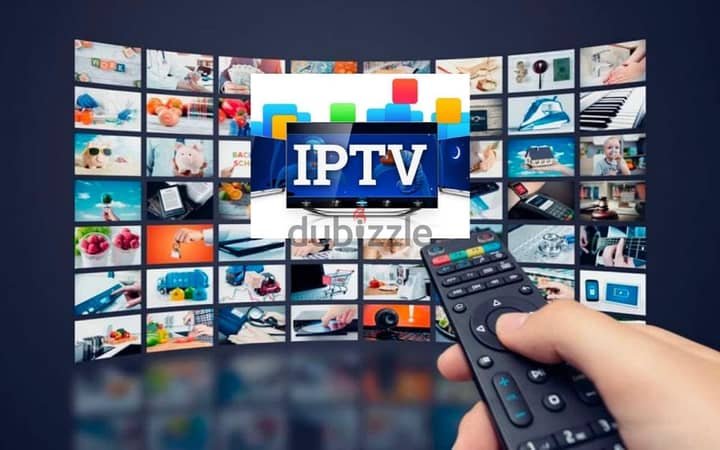The world of IPTV, or Internet Protocol Television, has revolutionized the way we consume television content. From traditional cable TV to the vast array of streaming services, IPTV has reshaped the entire television landscape. In this article, we will explore the intricacies of IPTV, its functioning, advantages, challenges, and its impact on various sectors.
Introduction to IPTV
IPTV, in its simplest form, refers to the delivery of television content through the internet rather than traditional cable or satellite means. This innovation has paved the way for a more dynamic and personalized viewing experience. As television technology has evolved, so has the way we access and enjoy our favorite shows and movies.
How IPTV Works
Understanding the workings of IPTV involves delving into transmission methods and streaming protocols. Unlike conventional broadcasting, IPTV relies on internet protocols to transmit content. This allows for real-time streaming and on-demand access to a vast library of media.
Advantages of IPTV
The allure of IPTV lies in its numerous advantages. Users can enjoy a diverse range of channels, on-demand content, and interactive features that enhance the overall viewing experience. The flexibility and convenience it offers have contributed to its widespread adoption.
Challenges in the World of IPTV
While IPTV brings many benefits, it is not without its challenges. Bandwidth issues can affect streaming quality, and content licensing and restrictions pose obstacles to accessing certain programs. Addressing these challenges is crucial for the continued growth of IPTV.
Popular IPTV Services
Major players in the world of IPTV include Netflix, Hulu, and Amazon Prime Video. These services have become household names, providing a vast selection of movies, TV series, and documentaries. Their success highlights the shift from traditional cable TV to internet-based streaming.
IPTV vs Traditional Cable TV
Comparing IPTV with traditional cable TV reveals differences in cost, user experience, and content availability. IPTV offers a more cost-effective and flexible solution, allowing users to customize their viewing preferences.
IPTV and the Future of Television
The continuous evolution of technology shapes the future of television. IPTV is at the forefront of this revolution, with advancements in streaming quality, interactive features, and personalized content delivery. Understanding these trends is essential for staying ahead in the dynamic world of television.
Rising Popularity of IPTV in Different Regions
IPTV has seen global adoption, with regional preferences influencing the choice of streaming platforms. Understanding the unique demands of different markets is crucial for IPTV service providers seeking to expand their reach.
IPTV for Businesses
Beyond entertainment, IPTV finds applications in the corporate world. From internal communication to training programs, businesses leverage IPTV for various purposes. Exploring these applications showcases the versatility of this technology.
IPTV Security Concerns
As with any internet-based service, security concerns surround IPTV. Privacy issues and piracy challenges pose risks to both users and service providers. Addressing these concerns is paramount for ensuring a safe and secure IPTV experience.
How to Choose the Right IPTV Service Provider
Selecting the right IPTV service provider involves considering factors such as streaming quality, content library, and customer support. Reviews and recommendations from other users play a crucial role in making an informed decision.
IPTV and Sports Broadcasting
Live sports streaming has become a significant component of IPTV. The ability to watch sporting events in real-time, coupled with interactive features, enhances the overall fan experience. This trend is transforming the landscape of sports broadcasting.
IPTV and Education
In the realm of education, IPTV facilitates e-learning and remote learning. Its applications in delivering educational content make it a valuable tool for students and educators alike. Exploring these benefits sheds light on the educational potential of IPTV.
Social Impact of IPTV
The rise of IPTV has had a profound impact on society. Changing viewing habits, increased accessibility, and the democratization of content creation are reshaping the way we engage with media. Understanding these social dynamics is crucial for comprehending the broader implications of IPTV.
Conclusion
In conclusion, the world of IPTV is dynamic and transformative. From changing the way we watch television to influencing various sectors like business, education, and sports, IPTV has become an integral part of our lives. Embracing its potential and addressing its challenges will define the future of entertainment.
